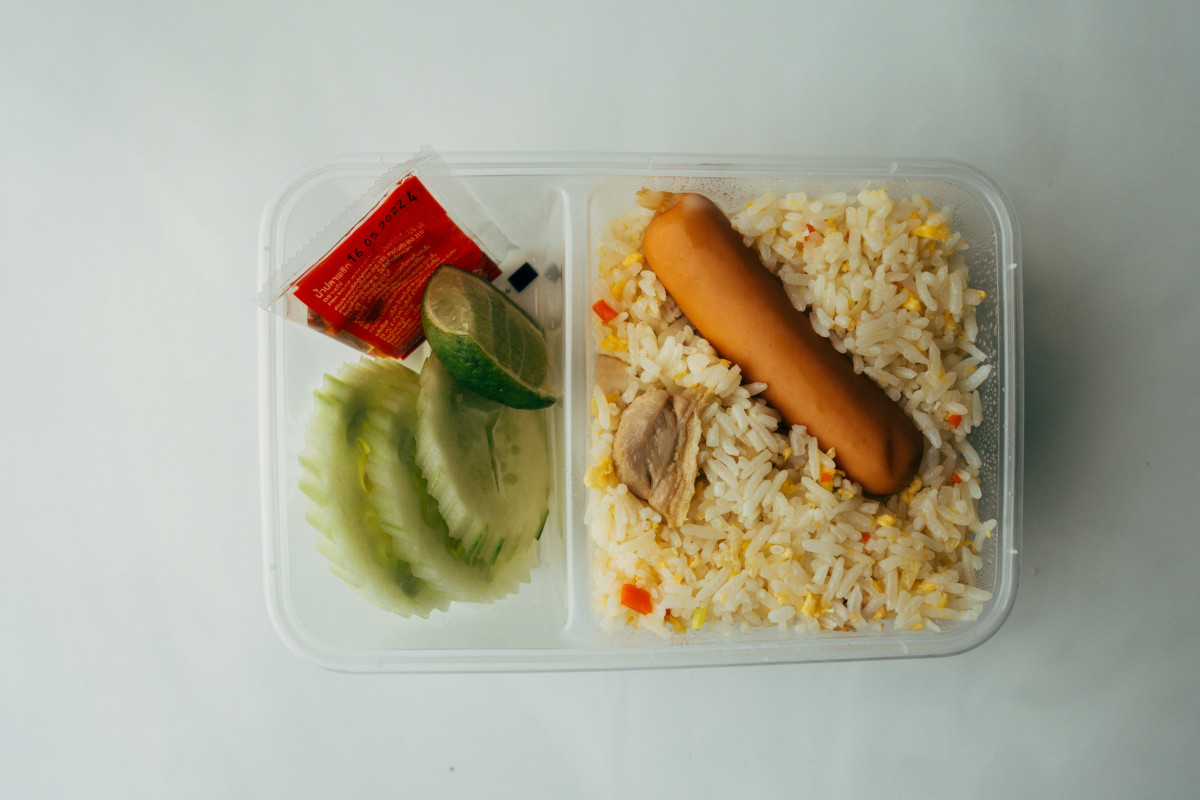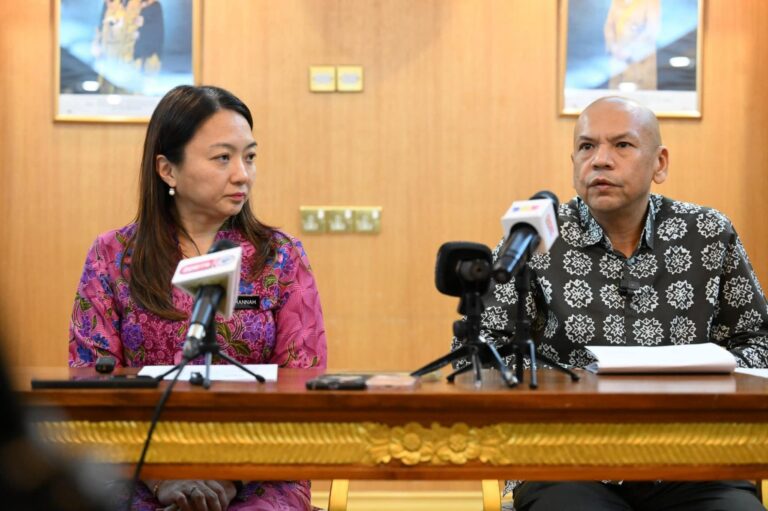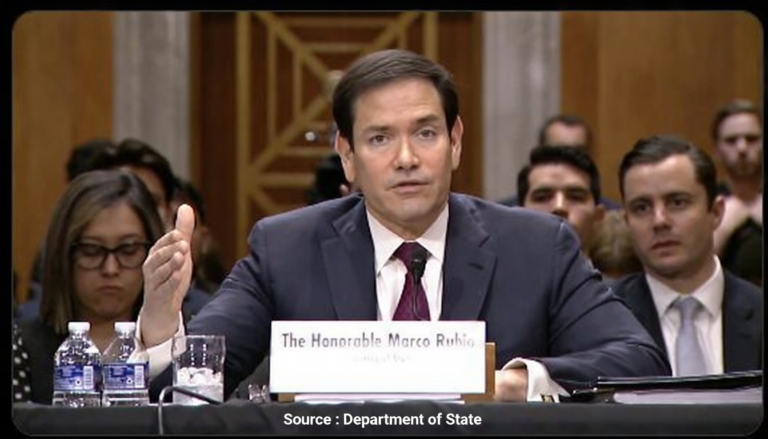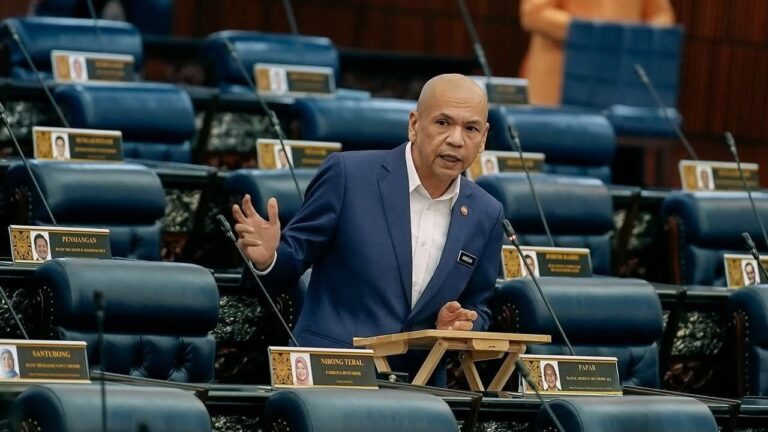
The invisible threat Malaysians can’t ignore
By Arindam Chakraborty
Every day, millions of Malaysians unwrap their lunches, sip bubble tea from plastic cups, wrappers that line the supermarket shelves and microwave meals in convenient plastic containers. But behind this everyday convenience lies an invisible danger that scientists say could already be harming our health.

While plastic packaging has made life more convenient, scientists are now warning that this convenience comes at a serious cost to human health. Studies show that Malaysia is one of the largest users of plastic packaging in Southeast Asia, with each person generating nearly 17 kgs of plastic waste annually. Much of this waste ends up mismanaged and are dumped in landfills, burned, or leaked into rivers and seas creating pollution that does not just harm the environment but also finds its way back to us through food and water.
Currently, the biggest concern is that many plastics used in food packaging contain chemicals such as Bisphenol A (BPA) and Phthalates, which can leach into food, especially when containers are heated or used for oily and hot meals. Malaysia’s hot and humid climate also makes plastic use riskier.
Street food vendors often serve steaming nasi lemak, curry, the Tarikh or soup in thin plastic bags that release chemical residues when exposed to heat. Citizens think it’s safe because everyone is using, but repeated exposure can have cumulative effects and it’s not about one time meal, it’s about years of slow, silent exposure.
Over time, these chemicals may enter the human body and interfere with hormones, potentially affecting reproduction, child development, and metabolism. Another growing problem is microplastics (tiny fragments less than 5 mm in size) that are released as breaking down of the primary plastics used for packaging.
Recent studies have found microplastics in drinking water, seafood, table salt, and even in human tissues. Researchers fear that long-term exposure to these particles could trigger inflammation, disrupt immunity, and contribute to chronic diseases, although the full extent of these effects is still being studied.
In Malaysia, seafood is a major pathway for microplastics to enter the human body. Fish and shellfish living in polluted waters often ingest microplastics, which then consumed up the food chain to our dinner plates. This issue becomes more alarming since they are not biodegradable; instead, they accumulate in the environment, contaminating soil, crops, and eventually, the entire food chain.
The health risks are not yet fully understood, but early evidence links plastic exposure to hormone imbalance, fertility issues, diabetes, and even certain cancers. Children and pregnant women are especially vulnerable because their bodies are still developing and more sensitive to the chemical disruption.
To tackle this issue, the Malaysian government introduced the Roadmap to Zero Single-Use Plastics 2018–2030, which aims to reduce the plastic waste through bans, levies, and better waste management. Some states like Negri Sembilan have already restricted plastic straws and bags, but experts argue that these measures alone are not enough.
Stronger regulations of food packaging materials, better recycling systems, and investment in safer, biodegradable alternatives are the only way which can minimize these effects. Researchers also emphasize the need for nationwide studies to measure how much plastic Malaysians are exposed to through food and the potential health effects over time.
For the public, minor lifestyle changes can make a big difference. Choosing reusable food containers, avoiding heating food in plastic packaging, and supporting eco-friendly products are simple steps that reduce exposure and waste. The link between plastic and health may still be unfolding, but one thing is clear: plastic pollution is no longer just an environmental problem, it’s a public health crisis in slow motion.
As researchers continue to uncover how microplastics and chemical additives interact with our bodies, Malaysians face a critical choice. As Malaysia continues to grow and urbanize, the country faces a crucial challenge: balancing convenience and consumer demand with the urgent need to protect both the environment and human wellbeing.
Unless strong action is taken, the plastics we depend on today may quietly become the pollutants that harm us tomorrow.

Dr. Arindam Chakraborty is a Senior Lecturer at the Department of Geology, Faculty of Science, Universiti Malaya















